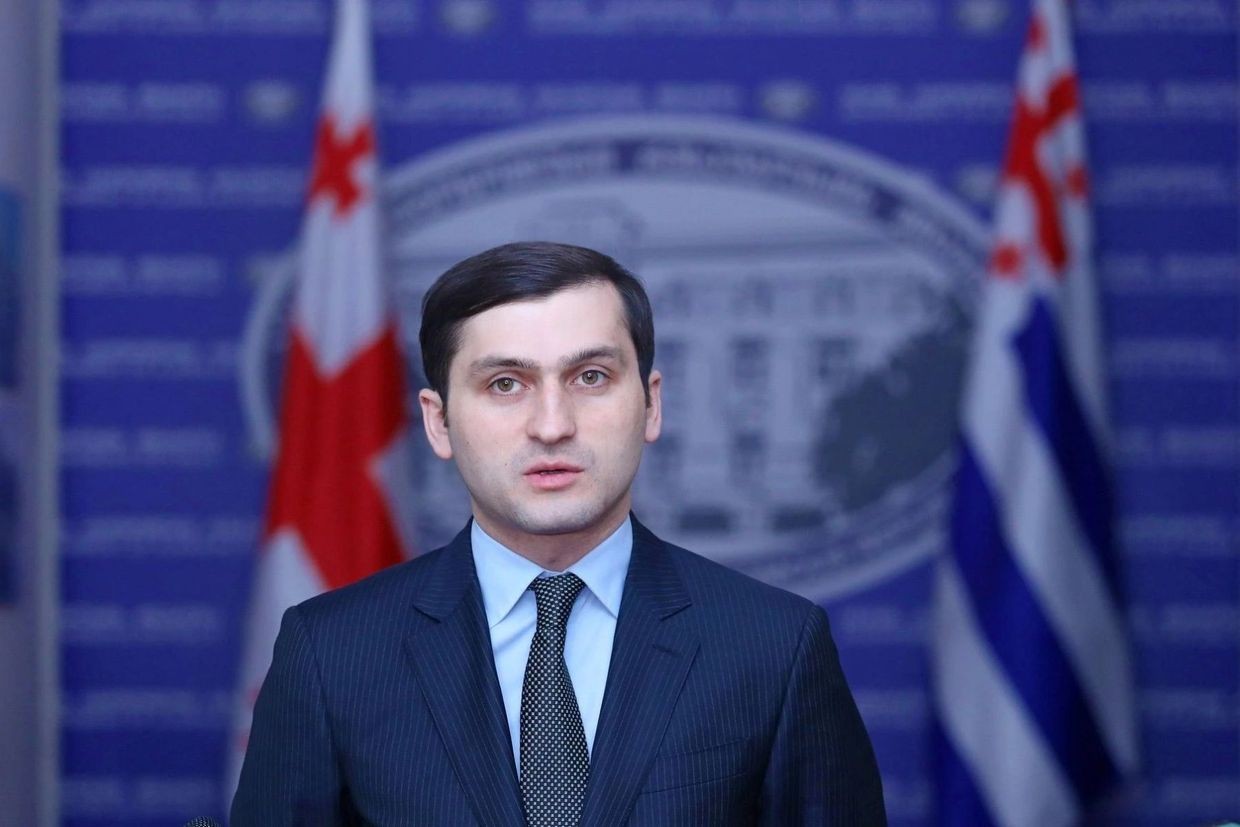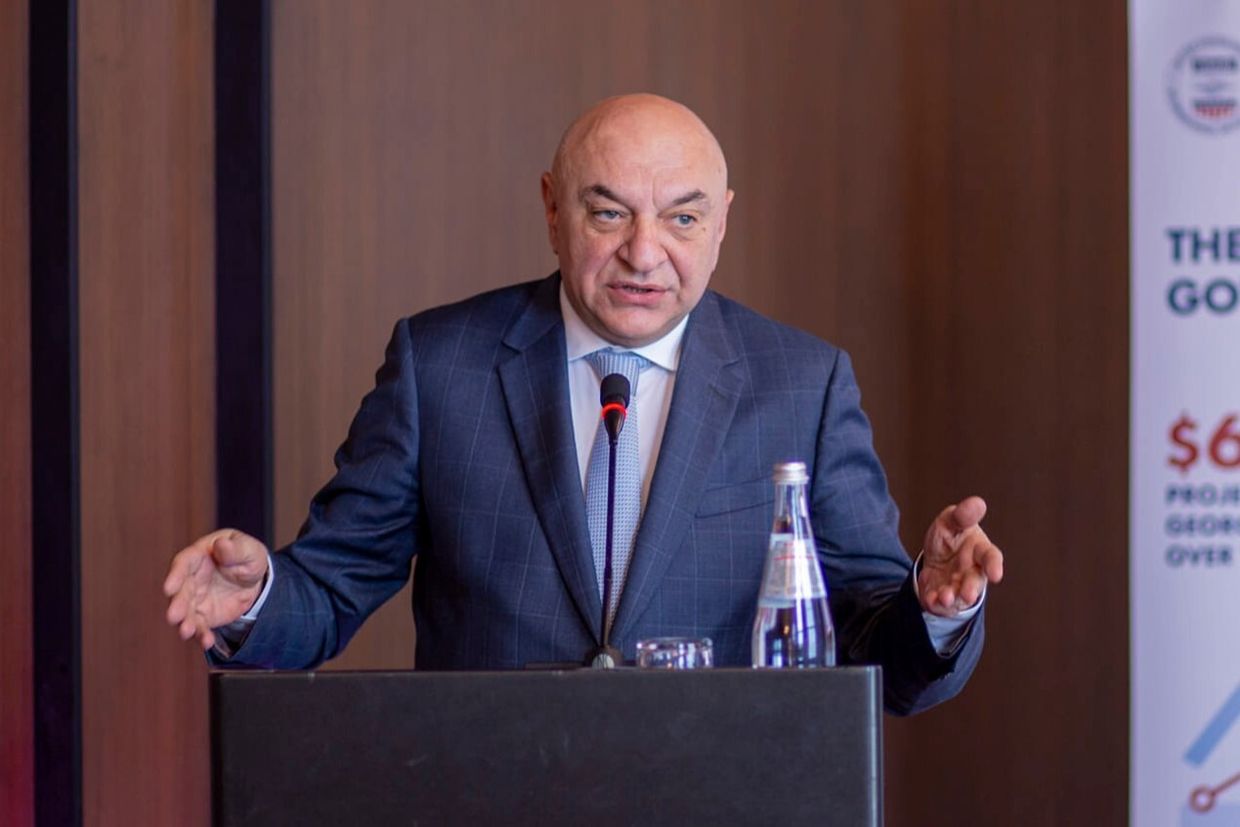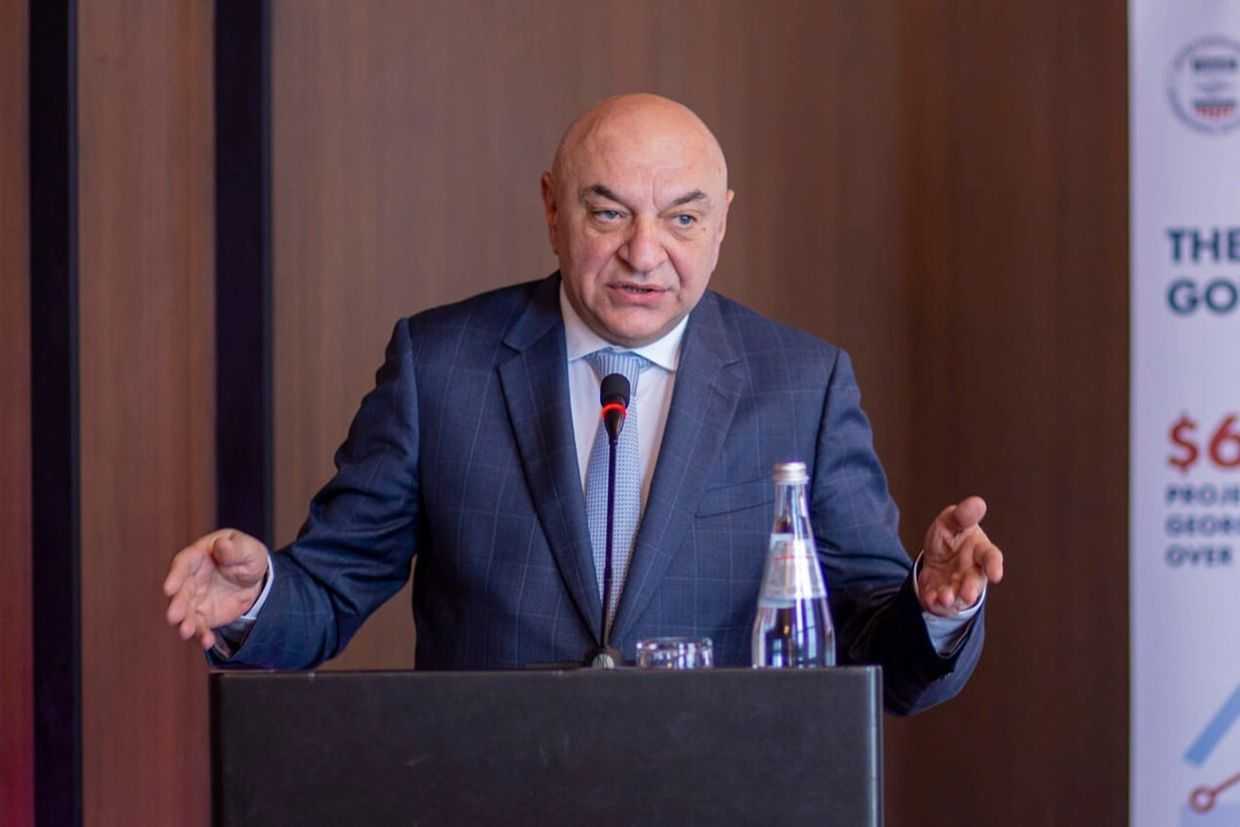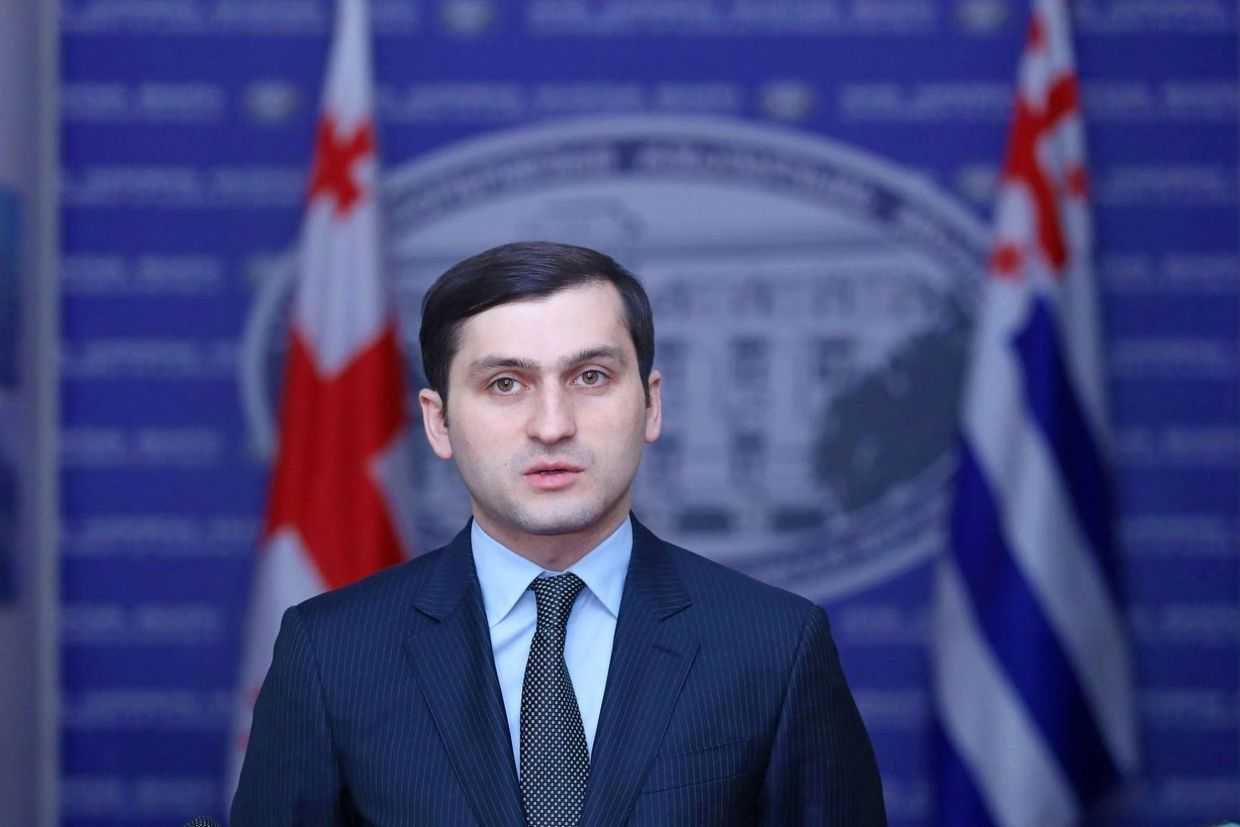Prosecutor claims former Adjara Head Rizhvadze experienced ‘depression’ before ‘suicide attempt’

A Georgian prosecutor has linked former Adjara head Tornike Rizhvadze’s alleged suicide attempt to his being in a ‘depressed state’ caused by a negative campaign against him.
The prosecutor, Nugzar Chitadze, made the statements following a court hearing on Wednesday.
Rizhvadze sustained a gunshot wound to the chest while visiting former official Aleksi Akhvlediani’s family home on the night of 7 July. He was later transferred to Turkey for treatment, where he still remains.
Following the shooting, two separate criminal investigations were opened. The first regards Akhvlediani, who has been charged with negligent storage of the firearm that Rizhvadze reportedly used in his attempted suicide. A second investigation is being conducted under the charge of incitement to suicide.
Precise information on Rizhvadze’s health is not publicly available. Chitadze said the prosecution communicates only with his family members, not with Rizhvadze himself. As a result, the former head of the Adjara Government has not yet been questioned.
RFE/RL quoted Akhvlediani as saying that Rizhvadze has been prescribed a two-month course of ‘strict psychological treatment’. According to him, apart from family members, no one is allowed to communicate with the former Adjara head.
Before the shooting, Akhvlediani was head of the Maritime Transport Agency, based in Batumi, Adjara’s capital. However, following the incident, which took place at his family home in Sagarejo, a town in eastern Georgia’s Kakheti region, Akhveldiani was dismissed from his position.
Along with his dismissal, Akhvlediani was also detained on the day of the shooting but was released on bail two days later. Nevertheless, his case continues. At Wednesday’s hearing, the court denied his lawyer’s request to dismiss the case.

Under Georgian law, negligent firearm storage carries a fine, up to two years of house arrest, or up to three years in prison.
Akhvlediani could not specify how Rizhvadze got hold of his gun, which he said was always kept in a closed bag. He added he did not hear the gunshot because the bedroom where the former head of the Adjara Government was staying was far from the bathroom, where he was at the time.
‘Suicide letter’ and ‘depressed state’
Rizhvadze’s incident has raised many questions among government critics. Suspicions were heightened by the fact that he had resigned three months earlier, in April, after seven years in office.
A few hours after information about Rizhvadze’s hospitalisation emerged, pro-government media circulated a ‘suicide letter’ that, according to them, belonged to former Adjara head.
According to their claims, in the note, Rizhvadze linked his decision to commit suicide to the fact that he was being accused of corruption and protecting drug dealers, things he and his father had ‘fought against all their life’.
Several government critics questioned the authenticity of the letter.
During Wednesday’s hearing, prosecutor Chitadze told journalists that, according to a handwriting expert’s report, the letter belonged to Rizhvadze.
Chitadze mentioned the ‘negative PR’ and its possible consequences specifically when discussing the investigation into incitement to suicide.
‘As part of the investigation, several of [Rizhvadze’s] friends have been questioned, including family members, who indicated that he was targeted by negative PR that led to his depressed state. By negative PR, we mean information spread both in the media and on social networks’, he said, as quoted by IPN.
Previously, Prime Minister Irakli Kobakhidze mentioned the media coverage in the context of Rizhvadze’s incident, alleging that ‘countless lies, insults, and slander’ had been spread, even naming specific outlets, including the opposition-leaning TV Pirveli and Formula.
Around the same time, the ruling Georgian Dream party also had to dismiss suspicions among opponents that Rizhvadze may have had disagreements with his former teammates and had been facing pressure from them before the incident.
Akhvlediani also denied this, saying that not only did Rizhvadze have no disagreements with the ruling party, but he had wanted to continue his career at Georgia’s Embassy in the UK — a move that, he added, had already been approved by Kobakhidze.
With Wednesday’s hearing, Akhvlediani’s case moved to the substantive stage of proceedings, set to begin on 8 September.












